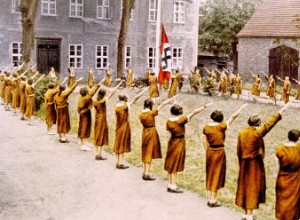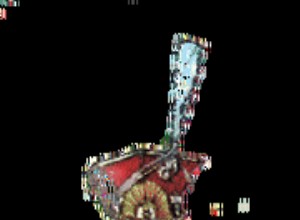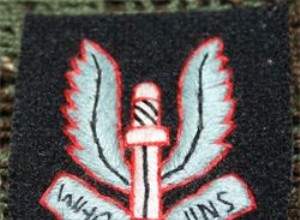Nazi Eugenics consisted of building a “perfect” society by eliminating people considered “undesirable”, such as the mentally handicapped. Among the main features of Nazism , his conception of a “superior race” stood out, a label that belonged to the Aryan race , that is, the white and perfect race




